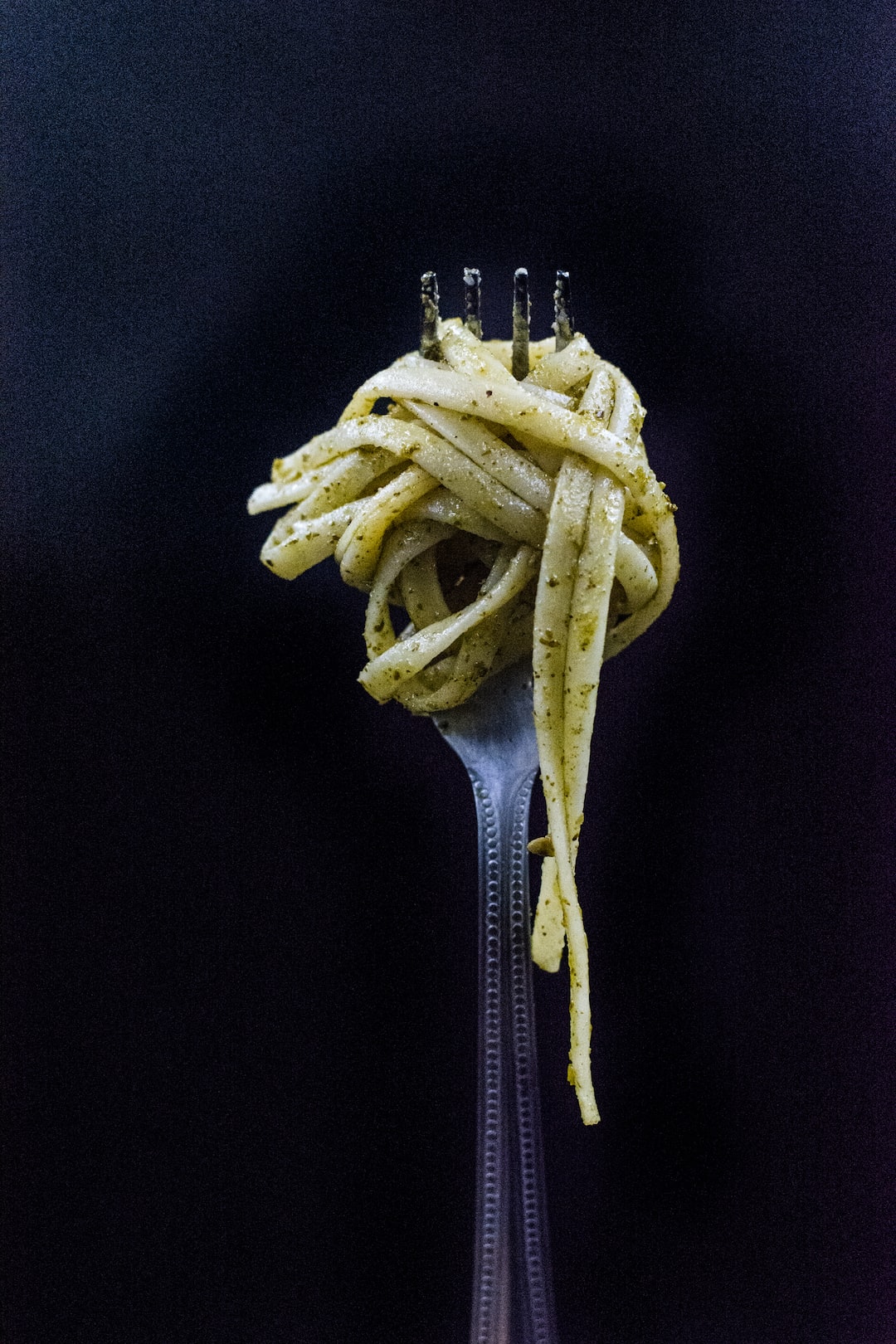All You Need to Know About Plant-Based Protein Sources
Plant-based diets have been gaining popularity in recent years due to their numerous health benefits. One of the concerns that arise when considering a plant-based diet is whether you can still meet your protein needs without consuming animal products. The answer is a resounding yes! In fact, plant-based protein sources can provide all the essential amino acids required for your body to function optimally. Let’s take a closer look at some of the most prominent plant-based protein sources and how you can incorporate them into your diet.
1. Legumes: Legumes, including beans, lentils, and chickpeas, are fantastic sources of plant-based protein. They offer a variety of nutrients while also being low in fat. For example, a cup of cooked lentils contains about 18g of protein, making them a great choice for any meal. You can enjoy legumes in soups, salads, or as a meat substitute in dishes like vegetarian chili or lentil burgers.
2. Quinoa: Quinoa is a pseudo-grain that is gluten-free and packed with protein. It contains all the essential amino acids, making it a complete protein source. With about 8g of protein per cooked cup, quinoa is a versatile ingredient that can be used in salads, stews, or as a replacement for rice or pasta.
3. Nuts and seeds: Nuts and seeds are not only a great source of healthy fats but also contain protein. For instance, an ounce of almonds contains about 6g of protein. You can snack on them alone or incorporate them into your meals by adding them to salads or blending them into homemade nut butter.
4. Tofu and tempeh: Tofu and tempeh are made from soybeans and are rich in protein. They are also excellent sources of calcium, iron, and other essential nutrients. Not only can you grill, bake, or stir-fry them, but you can also use them as substitutes for meat or cheese in various recipes.
5. Seitan: Seitan is a popular meat substitute made from gluten. Although it is high in protein, it is not suitable for those with gluten intolerances or sensitivities. With a texture similar to meat, seitan can be used in dishes like stir-fries, stews, or sandwiches.
6. Ancient grains: Ancient grains, such as amaranth, millet, and buckwheat, are not only rich in fiber but also a good source of protein. They can be used in baking, as a base for salads, or as a side dish.
7. Spirulina and chlorella: Spirulina and chlorella are blue-green algae packed with protein and various nutrients, including iron and B-vitamins. You can consume them in powder form or as supplements to boost your protein intake.
8. Plant-based protein powders: If you find it challenging to meet your protein needs through whole foods alone, plant-based protein powders can be a convenient option. These powders, derived from sources such as peas, rice, or hemp, can be easily added to smoothies or shakes.
In conclusion, plant-based diets can provide all the necessary protein for a healthy lifestyle. By incorporating legumes, quinoa, nuts and seeds, tofu and tempeh, seitan, ancient grains, spirulina and chlorella, and plant-based protein powders into your meals, you can easily meet your protein needs without consuming animal products. So, don’t let the misconception that plant-based diets lack protein hold you back. Embrace the abundance of protein-rich plant-based options available and reap the benefits of a well-balanced and sustainable diet.

